Travel often looks effortless in photos, yet many people carry hidden worries that can weigh on the experience. These fears aren’t just for first-time travelers—they can affect even those who’ve been on dozens of trips.
The difference between letting fear take over and enjoying the journey comes down to having the right tools and mindset. Here is a list of 15 common travel fears and practical ways to keep them under control so they don’t stand in the way of your plans.
Fear of flying
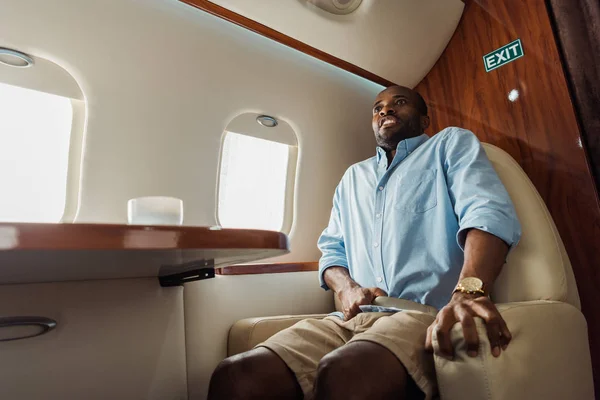
Even for those who travel often, flying can stir up unease. Understanding that turbulence is a normal part of air travel and not a sign of danger can help reduce tension.
Choosing a seat over the wings offers a smoother ride, while focusing on music, podcasts, or a favorite show can keep your mind occupied. Breathing exercises before takeoff and during turbulence can also calm physical stress responses.
Getting lost
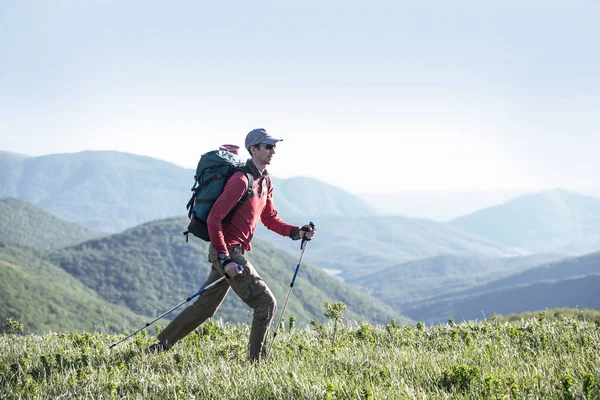
Losing your way in an unfamiliar place is unsettling, but preparation makes a big difference. Downloading offline maps ensures you can navigate without an internet connection.
Keeping a small paper map as backup provides reassurance if technology fails. Identifying a few key landmarks before heading out can help you reorient yourself quickly if you drift off course.
Like Travel Pug’s content? Follow us on MSN.
Language barriers

Not speaking the local language can feel intimidating, yet it rarely has to derail a trip. Learning a handful of basic phrases, such as greetings, numbers, and directions, can go a long way.
A translation app fills in the gaps when conversations get tricky. When all else fails, pointing, gestures, and a friendly smile can bridge most gaps in understanding.
Losing valuables

Misplacing essentials like passports or wallets can quickly turn a trip into a logistical mess. Keeping digital copies of identification and travel documents in secure cloud storage offers a safety net.
Storing backup cash and a spare credit card in a separate location reduces the risk of total loss. Using a discreet money belt or hidden pouch adds another layer of protection.
Illness while abroad

Health issues are difficult enough at home—add in being far from familiar care, and the anxiety grows. Travel insurance that covers medical emergencies is a smart safeguard.
Bringing a small health kit with over-the-counter medicines for common ailments means minor issues can be addressed immediately. Researching local medical facilities before departure helps in case professional care becomes necessary.
Like Travel Pug’s content? Follow us on MSN.
Pickpocketing
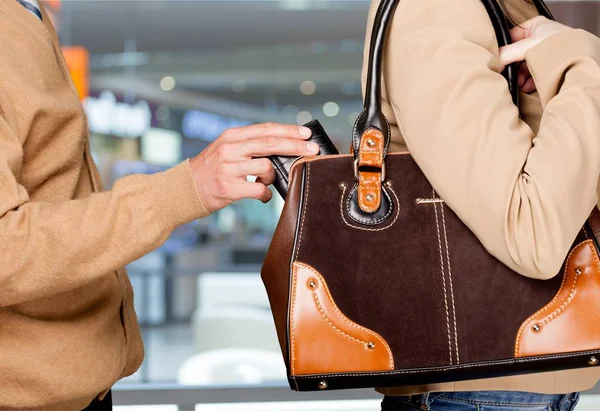
Busy tourist spots can attract pickpockets looking for easy opportunities. Keeping your bag zipped and in front of you greatly reduces the chance of theft. Avoid placing valuables in back pockets where they’re easier to access.
Staying aware of your surroundings—without appearing overly nervous—helps you move confidently through crowded areas.
Travel delays
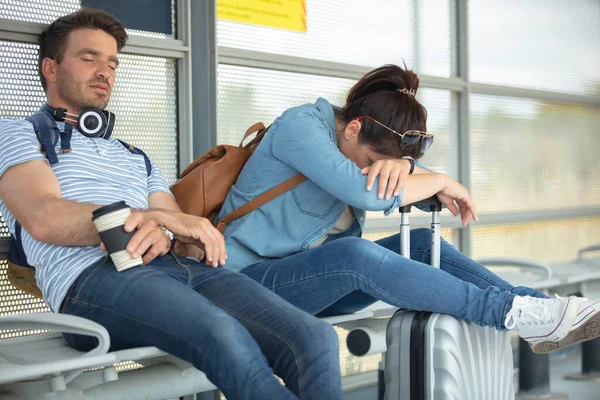
Flight cancellations, missed connections, or train delays can disrupt carefully laid plans. Booking connections with extra time built in reduces stress if schedules shift.
Carrying snacks, water, and something to pass the time keeps discomfort to a minimum. Treating delays as unexpected breaks rather than disasters can help maintain perspective.
Food safety concerns

Exploring local cuisine is one of travel’s biggest joys, yet concerns about hygiene are valid. Choosing busy restaurants and food stalls often signals fresher ingredients and higher turnover.
Drinking bottled water and avoiding ice in areas with uncertain tap water quality lowers the risk of stomach trouble. Washing hands or using sanitizer before meals is a simple habit that pays off.
Like Travel Pug’s content? Follow us on MSN.
Cultural missteps
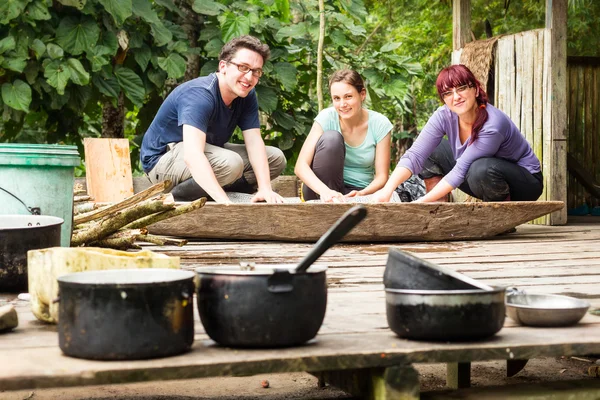
Accidentally offending someone because of unfamiliar customs can feel awkward. Reading up on local etiquette before arrival is a worthwhile step.
Watching how locals behave in public spaces offers useful cues. If a mistake happens, a polite apology usually goes a long way toward smoothing over the situation.
Losing contact with home

Staying connected while away isn’t just about sharing updates—it can also be a safety measure. An international SIM card or portable Wi-Fi device ensures steady communication.
Setting regular check-ins with a friend or family member provides peace of mind for everyone involved. Sharing your itinerary in advance helps others know where you’re expected to be.
Natural disasters
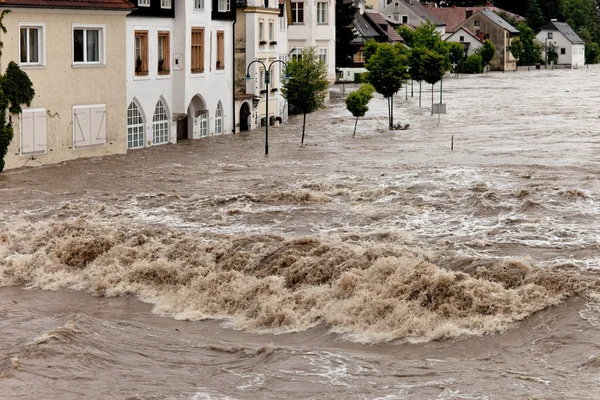
Earthquakes, storms, or wildfires are rare but possible in certain destinations. Checking seasonal weather patterns before booking can help avoid higher-risk periods.
Learning basic safety procedures for the area adds a layer of preparedness. Having an emergency contact list written down—not just stored on a phone—ensures access if devices fail.
Like Travel Pug’s content? Follow us on MSN.
Solo travel safety

Traveling alone offers flexibility, yet it comes with specific safety considerations. Staying in well-reviewed, centrally located accommodations can reduce risks.
Sharing your plans with someone you trust adds an extra precaution. Trusting your instincts when a situation feels off is often the best guide.
Overpacking or forgetting something important
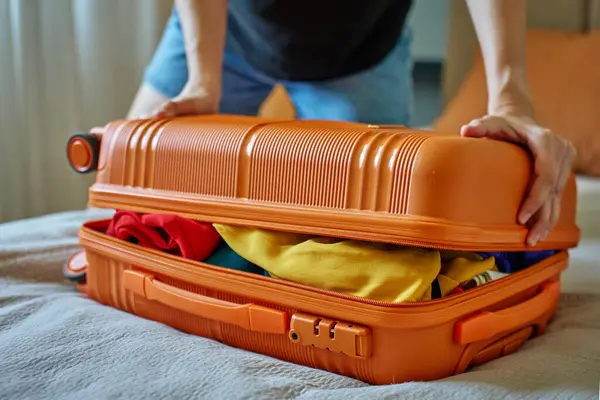
Packing stress can creep in both ways—bringing too much or leaving out essentials. A checklist tailored to the trip’s activities can prevent last-minute scrambles.
Sticking to versatile clothing reduces bulk and creates more space for souvenirs. Most forgotten items can be purchased locally, which eases the pressure to get it perfect.
Not enjoying the trip
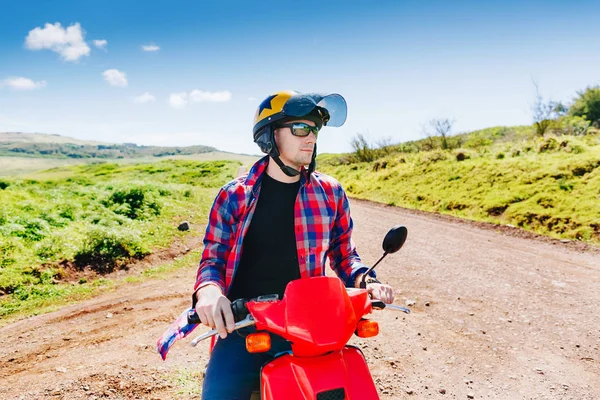
Worrying about getting the most out of each moment can ironically spoil the experience. Accepting that not every day will be picture-perfect helps lower unrealistic expectations.
Allowing for downtime prevents exhaustion and keeps the experience enjoyable. Focusing on small moments—a good meal, a pleasant walk—often becomes the most memorable part of a journey.
Like Travel Pug’s content? Follow us on MSN.
Returning home to problems

Coming back to piles of mail, overdue bills, or an empty pantry can feel jarring after time away. Setting up automatic payments before leaving prevents unnecessary stress.
Cleaning the house and doing laundry before departure makes the return far more pleasant. Stocking a few non-perishable groceries ahead of time means you can ease back into normal life without rushing to the store.
Turning worry into readiness
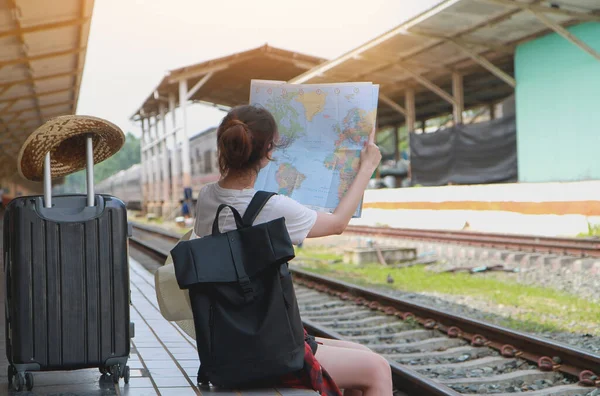
Travel fears have always existed, but preparation can turn many of them into minor inconveniences rather than major roadblocks. With the right steps, it’s possible to focus less on what could go wrong and more on what’s in front of you.
Many travelers find that once they’ve faced a particular fear, it loses its grip on future trips. Taking small actions before and during a journey builds confidence that carries over long after the suitcase is unpacked.
More from Travel Pug

- 20 Best Beach Towns in the Carolinas
- 13 Destinations Where Tourists Regularly Regret Their Trip
- 20 Things You Actually Get in First Class
- 20 Small Airports With Aviation Museums
- 20 Places in the U.S. That Are Perfect for a Reset Trip
Like Travel Pug’s content? Follow us on MSN.
